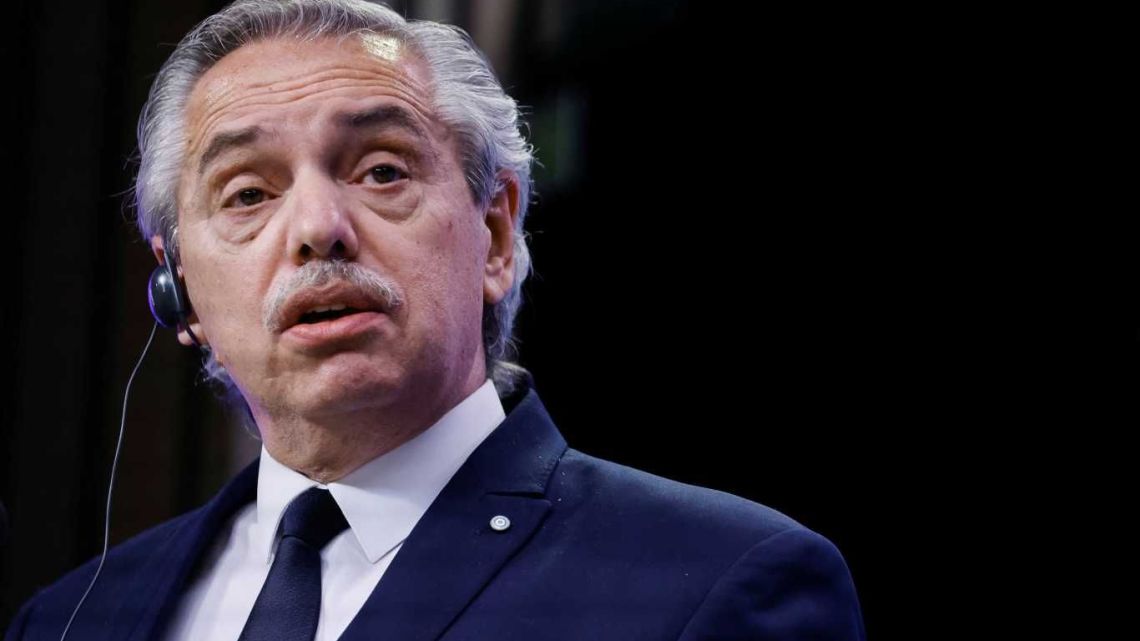Brazil’s political arena is poised for significant shifts in 2025, setting the stage for the crucial 2026 elections. As the election cycle approaches, the intensity around political alliances and candidate selections is expected to escalate.
Economic and Political Interplay
The economic backdrop, characterized by ongoing fiscal reforms and economic pressures, will be instrumental in shaping the political narrative. Key figures like President Luiz Inácio Lula da Silva and former President Jair Bolsonaro continue to wield considerable influence, with their strategic decisions potentially defining the political discourse.
Lula’s Uncertain Future
Lula’s potential run for an unprecedented fourth term faces intense scrutiny, particularly regarding his health. At 81 years old in 2026, his recent surgeries after a fall have sparked debates about his fitness to lead.
The left’s lack of clear successors means Lula’s role in grooming a new leader will be under the microscope. There’s speculation over whether he might retain his vice president, Geraldo Alckmin, on the ticket, adding another layer to the political intrigue.
 Key Political Trends to Watch in Brazil for 2025. (Photo Internet reproduction)
Key Political Trends to Watch in Brazil for 2025. (Photo Internet reproduction)Bolsonaro’s Lingering Impact
Despite being barred from office due to legal entanglements related to an alleged coup attempt, Bolsonaro’s influence within the right-wing spectrum persists. His endorsement remains a coveted asset for emerging leaders.
Governors like Ronaldo Caiado and Ratinho Júnior are positioning themselves as potential heirs to Bolsonaro’s political legacy, aiming to fill the leadership vacuum.
The Coup Investigation’s Political Ramifications
The Supreme Court’s expected ruling on the coup allegations in 2025 could dramatically alter the political landscape, affecting not only Bolsonaro but also the broader right-wing strategy for the elections.
State-Level Politics as a National Barometer
The 2026 elections will not only decide governorships but also significantly impact congressional composition. Bolsonaro’s party is strategizing to secure a Senate majority, potentially leading to unique alliances at the state level.
Conversely, the left will aim to counter this influence, possibly prioritizing Senate seats in strategic states.
Parliamentary Funding: A New Power Struggle
The debate over parliamentary budget amendments has intensified, especially after their pivotal role in the 2024 municipal elections. The contention between the Supreme Court, the Legislature, and the Executive over these funds’ regulation could redefine power dynamics.
The government’s push to link funding to fiscal responsibility aims to bolster executive control but meets resistance from politicians reliant on these allocations for electoral support.
Conclusion
These evolving political dynamics will critically shape Brazil’s democratic trajectory. How Brazil navigates these challenges will determine its future governance structures and economic stability, making 2025 a pivotal year in the nation’s political history.
Key Political Trends to Watch in Brazil for 2025

 By The Rio Times | Created at 2025-01-07 19:41:38 | Updated at 2025-01-12 23:39:59
5 days ago
By The Rio Times | Created at 2025-01-07 19:41:38 | Updated at 2025-01-12 23:39:59
5 days ago








